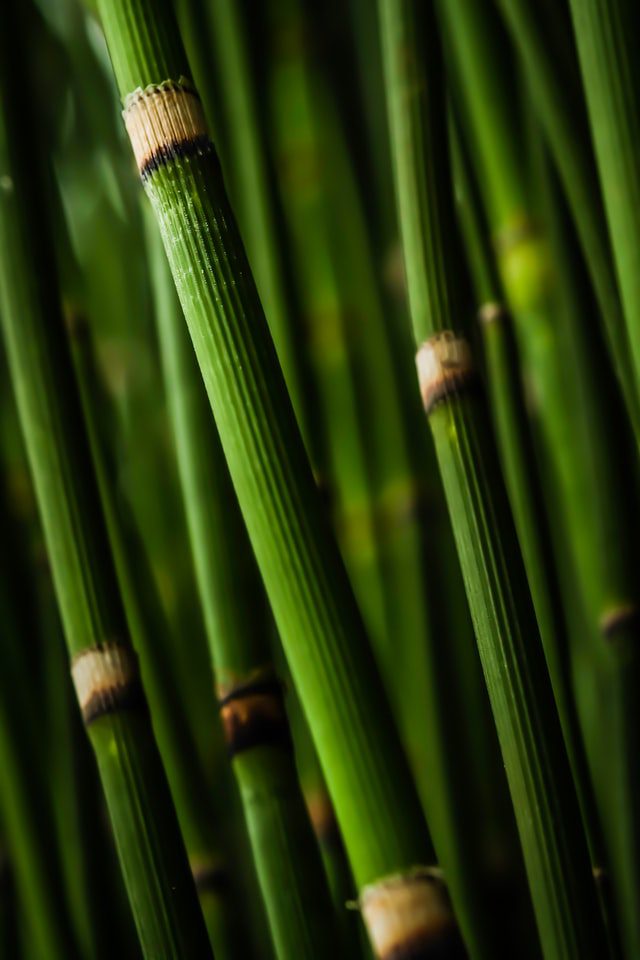Uses
Natural Medicines Comprehensive Database rates effectiveness based on scientific evidence according to the following scale: Effective, Likely Effective, Possibly Effective, Possibly Ineffective, Likely Ineffective, Ineffective, and Insufficient Evidence to Rate. The effectiveness ratings for HORSETAIL are as follows:
Insufficient evidence to rate effectiveness for…
- Weak and brittle bones (osteoporosis). Early research suggests that taking dry horsetail extract or a specific product containing horsetail extract and calcium can increase bone density in postmenopausal women with osteoporosis.
- Loss of bladder control (urinary incontinence). Early research shows that taking a supplement containing horsetail and other herbs helps to reduce urination and loss of bladder control in people that have trouble controlling their bladder.
- Fluid retention.
- Frostbite.
- Gout.
- Hair loss.
- Heavy periods.
- Kidney and bladder stones.
- Swelling (inflammation) of the tonsils (tonsillitis).
- Urinary tract infections.
- Use on the skin for wound healing.
- Weight loss.
- Other conditions.
More evidence is needed to rate the effectiveness of horsetail for these uses.
Side Effects Of Horsetail
- When taken by mouth: Horsetail is POSSIBLY UNSAFE when taken by mouth, long-term. It contains a chemical called thiaminase, which breaks down the vitamin thiamine. In theory, this effect could lead to thiamine deficiency. Some products are labeled “thiaminase-free,” but there is not enough reliable information to know if these products are safe.
- When applied to the skin: There isn’t enough reliable information to know if it is safe or what the side effects might be.
Warnings & Precautions
- Pregnancy and breast-feeding: There isn’t enough reliable information to know if horsetail is safe to use when pregnant or breast-feeding. Stay on the safe side and avoid use.
- Alcoholism: People who are alcoholics are generally also thiamine deficient. Taking horsetail might make thiamine deficiency worse.
- Allergies to carrots and nicotine: Some people with allergies to carrots might also have allergies to horsetail. Horsetail also contains small amounts of nicotine. People with nicotine allergies might have an allergic reaction to horsetail.
- Diabetes: Horsetail might lower blood sugar levels in people with diabetes. Watch for signs of low blood sugar (hypoglycemia) and monitor your blood sugar carefully if you have diabetes and use it.
- Low potassium levels (hypokalemia):There is some concern that it might flush potassium out of the body, possibly leading to potassium levels that are too low. Until more is known, use with caution if you are at risk for potassium deficiency.
- Low thiamine levels (thiamine deficiency):Taking horsetail might make thiamine deficiency worse.
Dosage Of Horsetail
The appropriate dose depends on several factors such as the user’s age, health, and several other conditions. At this time there is not enough scientific information to determine an appropriate range of doses. Keep in mind that natural products are not always necessarily safe and dosages can be important. Be sure to follow relevant directions on product labels and consult your pharmacist or physician or other healthcare professional before using.
Other
Consult your doctor or pharmacist.
Source
All information has been provided courtesy of MedLinePlus from the National Library of Medicine and from the FDA.



